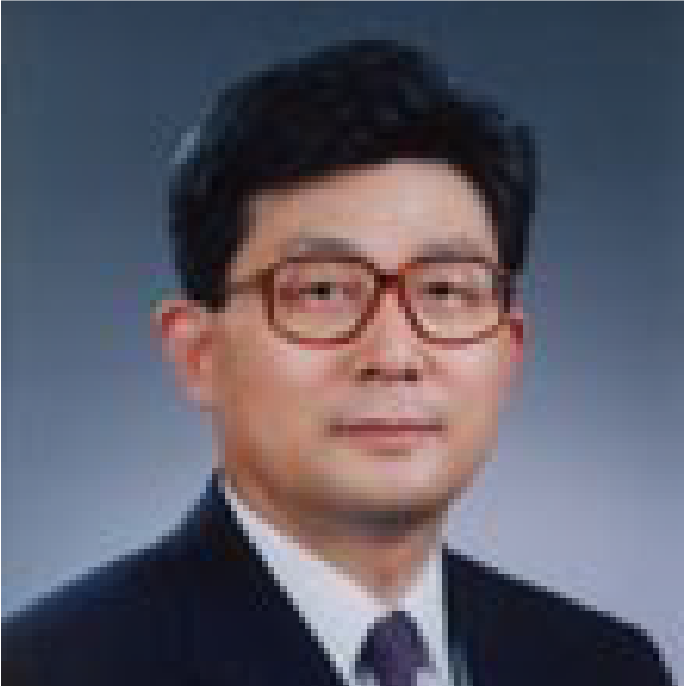
AOGS Axford Medal Award Recipient

2016 - 2017
Professor Dong-Kyou LEE
Seoul National University
The Asia and Oceania Geosciences Society (AOGS) is honoured to present the 2017 Axford Medal to Professor Dong-Kyou Lee, Professor Emeritus of Seoul National University, for his exceptional contributions to the modeling and understanding of the weather and climate of Asia.
Professor Lee is among the world’s leading scientists in regional climate studies. Using advanced regional climate models, he and his colleagues have studied the dynamics and thermodynamics of a range of phenomena that involve heavy convective precipitation, including tropical cyclones. Through the use of these models, he has quantified the relationship between large-scale climate and climate change to episodic forecasts of extreme, high-impact weather events over Asia and Oceania.
For example, using a regional climate model Professor Lee explained the relative role of positive sea-surface temperature anomalies in the equatorial and northern off-Equatorial central Pacific in producing the observed increase in number of tropical cyclones (TC) approaching East Asia in July-October. This study showed that it was the northern SST anomaly that affected the tracks of TC by altering the large-scale steering circulation and funneling the TCs into east China, Taiwan, Korea and Japan.
In another modeling study, Professor Lee and his colleagues simulated climate change for 70 years (1980-2049) over East Asia. In this study, the annual mean surface temperature increased by 1.8°C while the average daily precipitation decreased by 0.2 mm/day as a result of the northward shift of the monsoon rain-band. Notably, even though the average precipitation over the Korean peninsula decreased, the frequency of very heavy (flooding) precipitation increased. Also, the maximum intensity of the strongest typhoons increased; together these changes constitute a high impact of climate change to society.
Professor Lee's scientific contributions to weather and climate research and forecasts, especially in the areas of heavy rainfall and mesoscale convective systems, and typhoon forecasting, and the regional climates of Asia are inseparable from his long-term efforts and leadership role in the Regional Model Intercomparison Project (RMIP) and the Asian-Pacific Network for Global Change Research (APN). RMIP began with the applications and comparison of numerical weather forecast models with the focus on China, Japan and Korea. Critical issues such as the change and variability of monsoon climate in future, sources and range of uncertainty in climate change projections, and adaptation and mitigation strategies to reduce the risk induced by climate change on regional scale were connected in these studies.
Dr. Lee’s scientific contributions extend beyond climate, into areas such as numerical weather prediction of tropical cyclones. For example, Lee and his colleague Suk- Jin Choi showed that a high resolution numerical weather prediction model could successfully simulate the torrential rainfall (~800 mm/day) caused by Typhoon Rusa (2002). Investigating the underlying physics, they showed that there were two major mechanisms for the heavy precipitation—dynamical lifting of moist tropical air by the large-scale cyclone circulation and terrain-induced convective precipitation.
Professor Lee has a notable record of teaching and advising students. He has supervised 17 Ph.D. students and 51 M.S. students and taught courses in numerical weather prediction, numerical methods, physics of weather and climate models, data assimilation and atmospheric predictability.
In addition to being an outstanding research scientist and educator, Professor Lee is a skillful administrator and dedicated public servant. He has served as Director of the Korea-USA Weather and Climate Center, Seoul National University (2010-2012), a member of the WMO Science Steering Committee of the World Weather Research Program (2010 – present), and in his position as Director General of the Numerical Modeling Bureau of KMA since 2015. In 2000 he organized the First International Conference of Mesoscale Convective Systems (ICMCS) of Heavy Rainfall and Tropical Cyclone over East Asia, and these successful conferences continued to be held on a regular basis. It is unusual for a person of such a strong academic background to also be a leader in operational institutions such as the KMA. Professor Lee is highly respected by his colleagues, having been elected as President of the Korean Meteorological Society (1998-2000) and President of Asia Oceania Geosciences Society (2008–2010).
